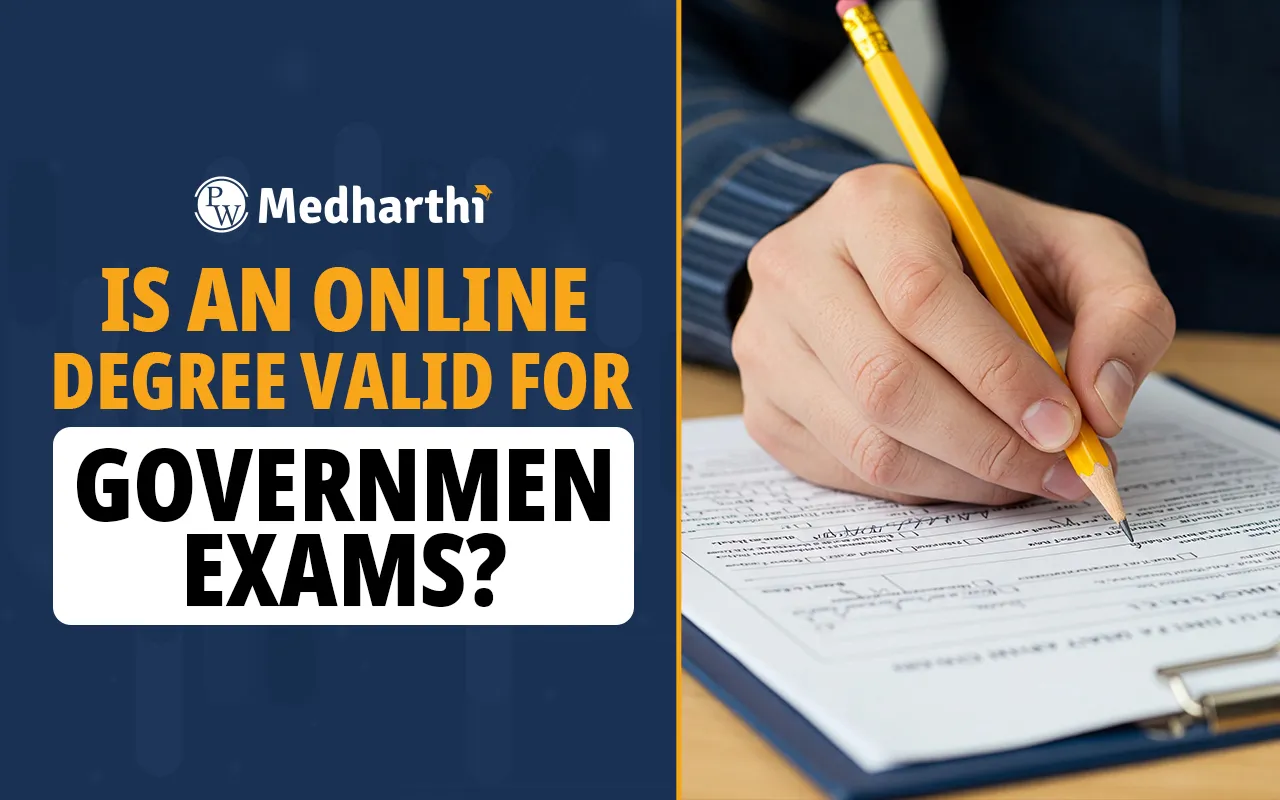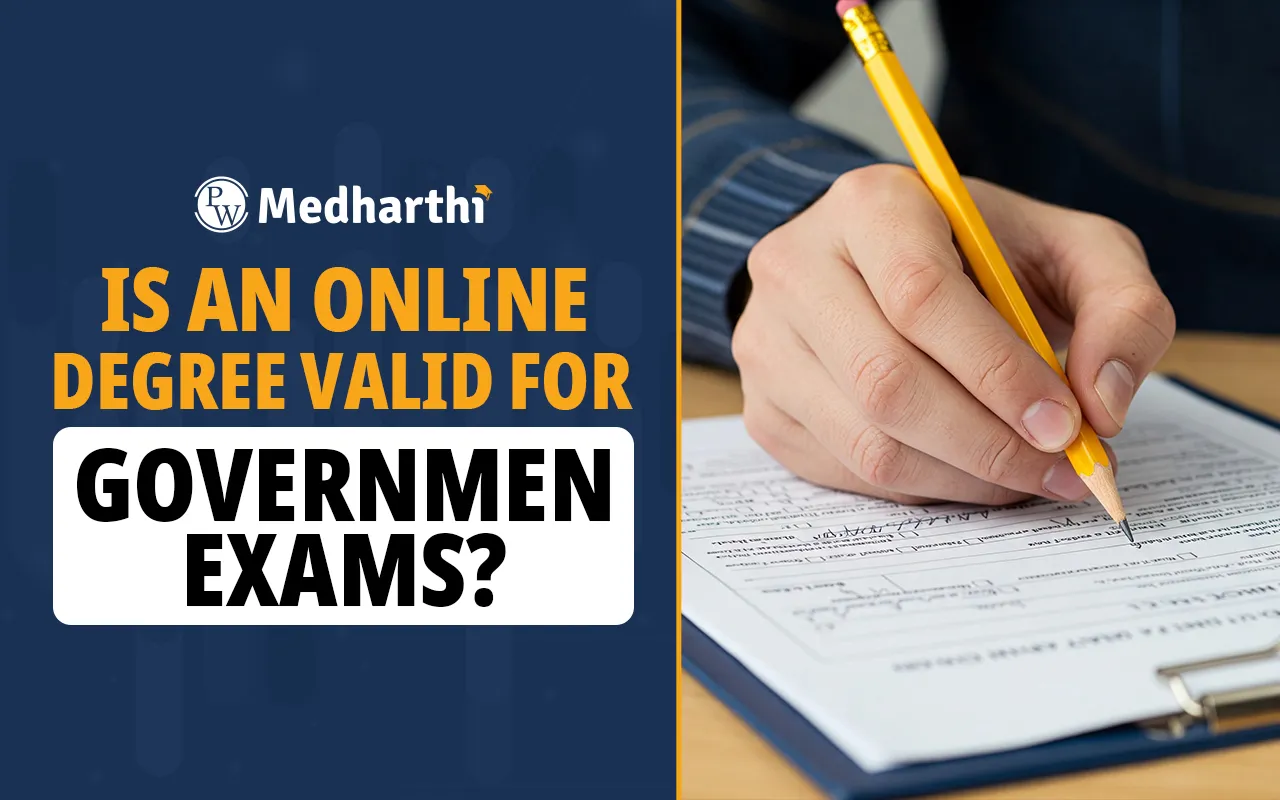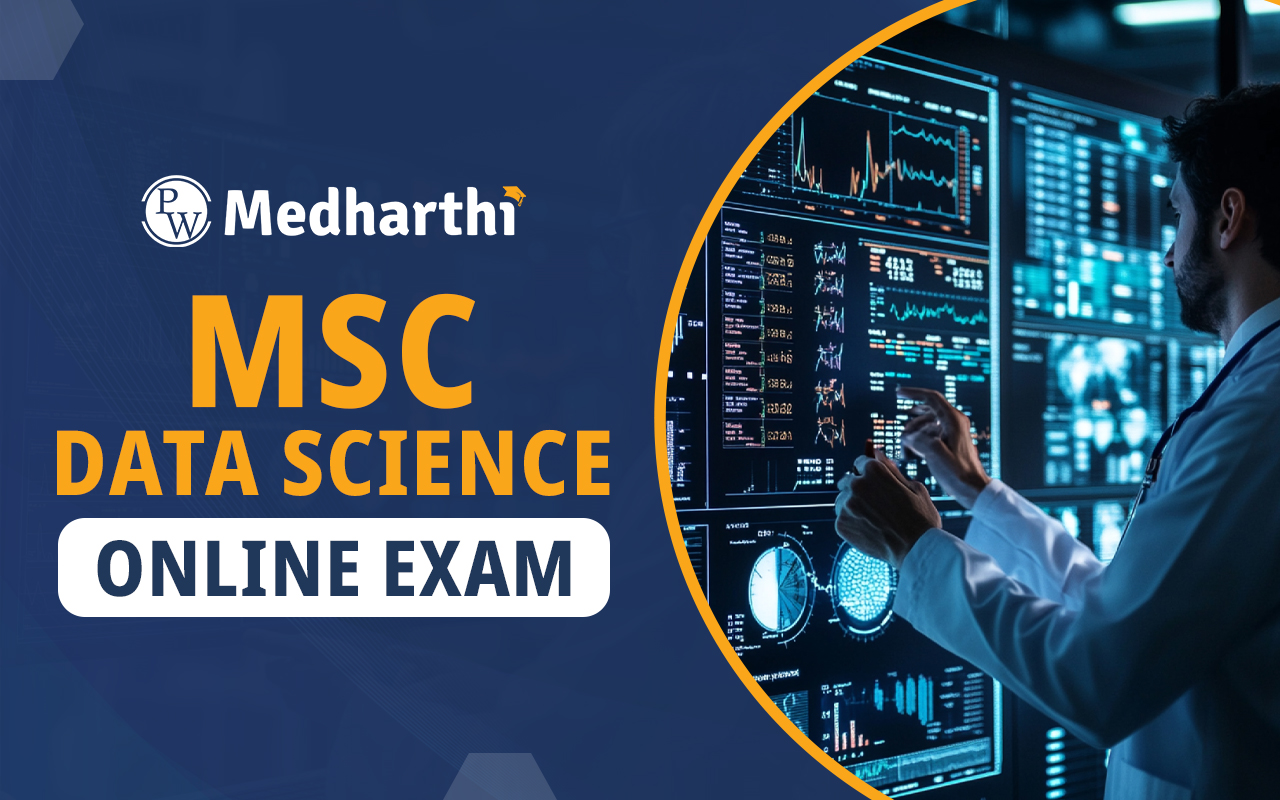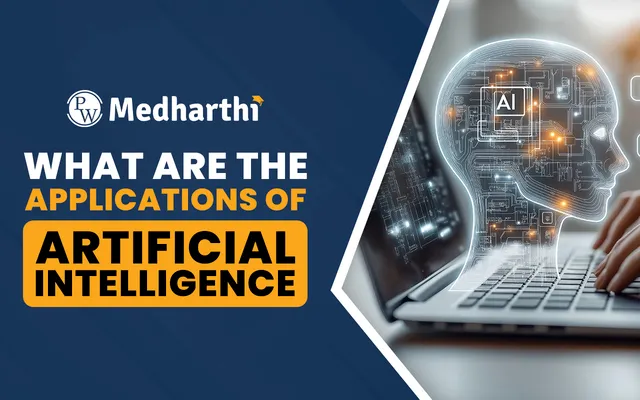

Is an Online Degree Valid for Government Exams? In today's rapidly evolving educational landscape, online learning has become a mainstream mode of education. With the rise of accredited online universities and courses, many individuals are opting for online degrees to pursue higher education. However, a common question that arises among aspirants is whether an online degree is valid for government exams in India
. In this article, we will explore the validity of online degrees, their acceptance by various government bodies, and the steps you need to take to ensure your online degree meets the eligibility criteria for government exams.Introduction to Online Degrees
An online degree is a degree that you earn by completing courses through the internet. These courses are typically offered by accredited universities or institutions that have been recognized by the University Grants Commission (UGC), Distance Education Bureau (DEB), or other regulatory bodies. Online degrees cover various fields, including business, technology, science, arts, and more. The flexibility and accessibility of online education have made it popular among students and working professionals. However, when it comes to government exams, candidates often question whether their online degree holds the same value as a traditional degree obtained through regular, in-person classes.Online Degrees vs. Traditional Degrees
While online degrees have gained significant traction in recent years, they are often compared to traditional degrees in terms of validity and recognition, especially when it comes to government exams.| Aspect | Online Degree | Traditional Degree |
|---|---|---|
| Mode of Learning | Online (via internet) | In-person (classroom-based) |
| Flexibility | Highly flexible (study anytime, anywhere) | Fixed schedule (attend classes physically) |
| Cost | Generally lower fees | Higher fees |
| Recognition | Depends on accreditation | Universally recognized if from a UGC-recognized institution |
| Job Opportunities | Gaining momentum in private and public sectors | Generally preferred in traditional sectors |
Government Recognition of Online Degrees
The most important factor to consider when determining if your online degree is valid for government exams is whether it is recognized by the appropriate authorities. In India, the University Grants Commission (UGC) and the Distance Education Bureau (DEB) are the primary regulatory bodies that oversee and approve online degree programs. For an online degree to be valid, it must be accredited by these bodies.- UGC Recognition: The UGC has recognized online degrees provided by accredited institutions, ensuring that they hold the same value as traditional degrees.
- DEB Approval: The Distance Education Bureau (DEB), under UGC, approves online degree programs. Only those programs that meet DEB standards are considered legitimate.
Types of Online Degrees Valid for Government Exams
Online degrees can vary depending on the course or specialization. Below are the types of online degrees that are generally considered valid for government exams:- Undergraduate Degrees (BA, BSc, BCom, etc.)
- Postgraduate Degrees (MA, MSc, MCom, MBA, etc.)
- Diplomas and Certificates in Specific Fields
- Technical and Engineering Degrees (BE, BTech, MTech, etc.)
Popular Online Degree Providers in India
Several reputable institutions in India offer online degrees that are recognized by the UGC and DEB. Here are some of the top online degree providers:| University/Institution | Programs Offered | UGC Approval Status |
|---|---|---|
| Indira Gandhi National Open University (IGNOU) | BA, MA, BCom, MCom, BSc, MSc, etc. | UGC-DEB approved |
| Sathyabama University | Engineering, Management, Arts, Science | UGC-DEB approved |
| UPES (University of Petroleum and Energy Studies) | MBA, BBA, MTech, BTech | UGC-DEB approved |
| Dr. BR Ambedkar Open University | UG and PG degrees in various disciplines | UGC-DEB approved |
| Amity University Online | BBA, MBA, BA, MA, etc. | UGC-DEB approved |
| Physics Wallah | MBA, BCA, MCA, MA Journalism & Mass Communication, BCA, BBA, BCOM, MCOM, MSc Data Science, MA Sociology, BA Journalism | UGC approved |
Validity of Online Degrees for Different Government Exams
The validity of online degrees for various government exams has become a crucial point of consideration for many aspiring candidates. As the education landscape evolves, online degrees have gained popularity, offering flexibility and accessibility. However, candidates often wonder whether these degrees hold the same value as traditional degrees when it comes to eligibility for government exams and recruitment processes.Civil Services Examination (UPSC)
The UPSC, which conducts exams for prestigious services like the Indian Administrative Service (IAS), Indian Police Service (IPS), and Indian Foreign Service (IFS), accepts online degrees as long as the degree is from a recognized university (UGC-approved).SSC (Staff Selection Commission)
The SSC conducts exams for recruitment in various government departments and organizations. As per SSC guidelines, an online degree from an accredited institution is considered valid, provided it meets the eligibility criteria for the specific post.IBPS (Institute of Banking Personnel Selection)
IBPS is responsible for conducting exams for various banking positions like PO, Clerk, and Specialist Officers. Online degrees from recognized institutions are generally valid for IBPS exams, as long as they meet the required educational qualifications.Railway Recruitment Board (RRB)
The RRB conducts exams for recruitment in Indian Railways. As per their guidelines, candidates with an online degree from a recognized institution can apply for various posts, including non-technical and technical categories.How to Ensure Your Online Degree is Valid
To ensure that your online degree is valid for government exams, follow these steps:- Check Accreditation: Verify if the institution is accredited by UGC, DEB, or other recognized bodies.
- Review Government Guidelines: Go through the eligibility criteria mentioned in the official notifications of the government exams.
- Contact the Exam Authorities: If in doubt, contact the relevant exam conducting body (e.g., UPSC, SSC, IBPS) to confirm the acceptance of your online degree.
- Check Degree Recognition: Ensure that your degree is recognized in the specific field of work you're aiming for (e.g., technical, non-technical).
Is Online Degree Valid for UPSC?
Yes, an online degree is valid for the UPSC Civil Services Examination, provided it is awarded by a university recognized by the University Grants Commission (UGC) and complies with the guidelines set by the Distance Education Bureau (DEB). The UPSC does not differentiate between regular and online modes of education as long as the degree is obtained from a valid and recognized institution. Candidates must ensure that their online degree program is accredited and meets all the eligibility conditions specified in the UPSC notification. Submitting valid documentation at the time of verification is essential.
Is Online MBA Valid for Government Jobs?
An online MBA is considered valid for government jobs if the degree is granted by a UGC-approved university and the program is conducted in accordance with guidelines issued by regulatory bodies such as the All India Council for Technical Education (AICTE) and the Distance Education Bureau (DEB). Most government job notifications accept MBA degrees obtained through online or distance learning, provided they fulfill the eligibility requirements. Candidates should verify the recognition status of the program and institution before applying. It is important to retain proof of accreditation and eligibility at the time of document verification.
| Online Degree Important Links | |
| Online MCA Programs in India | Online BCom Course |
| Online MCA Course | Online Degree Programs |
| Regular Degree Vs Distance Degree | BA Online Registration |
Is an Online Degree Valid for Government Exams? FAQs
Q1. Are online degrees accepted for government exams?
Q2. How can I verify if my online degree is valid for government exams?
Q3. Can I apply for UPSC or SSC exams with an online degree?
Q4. Are online degrees different from regular degrees for government job eligibility?
Q5. Can an online degree affect my chances of getting a government job?













